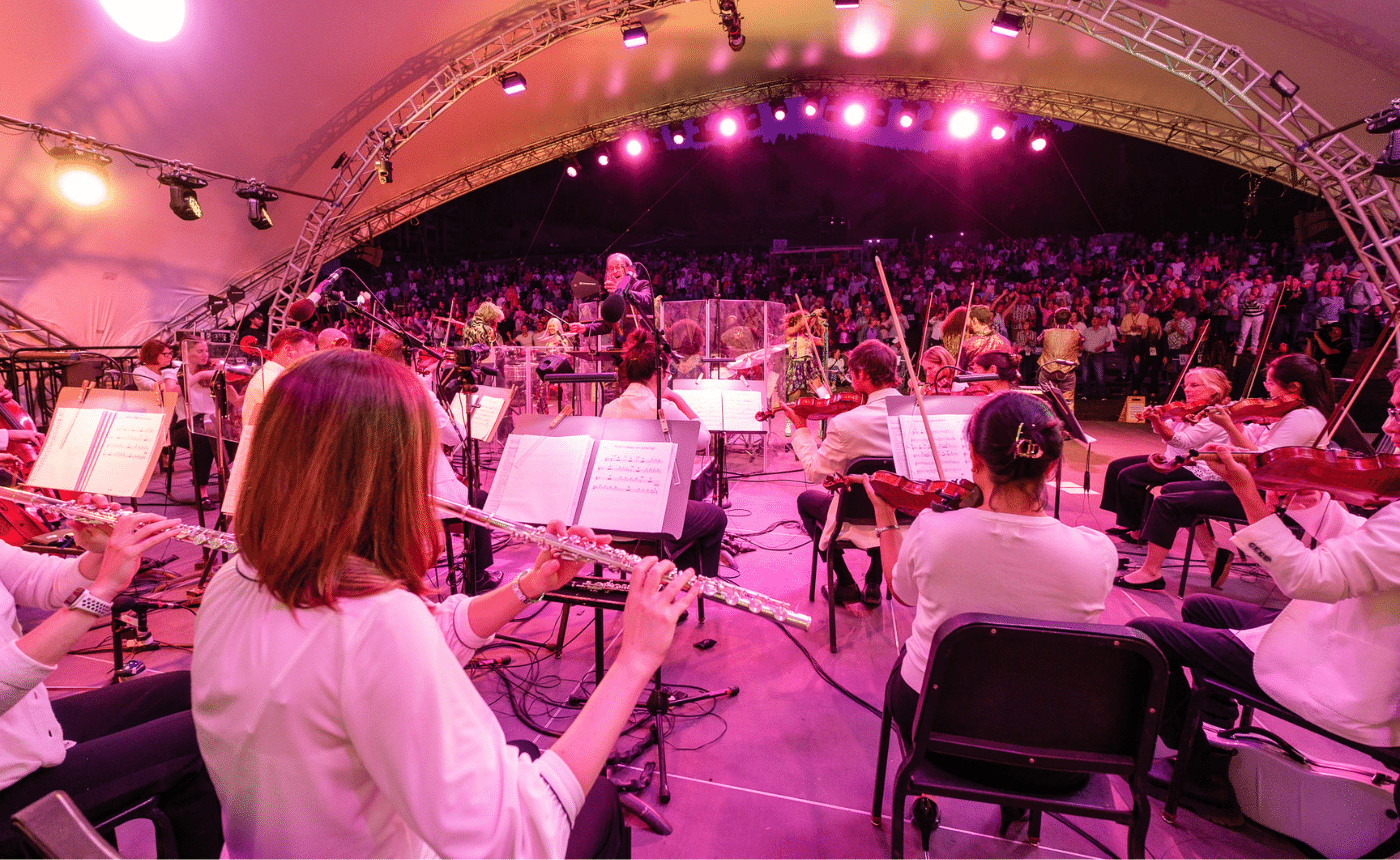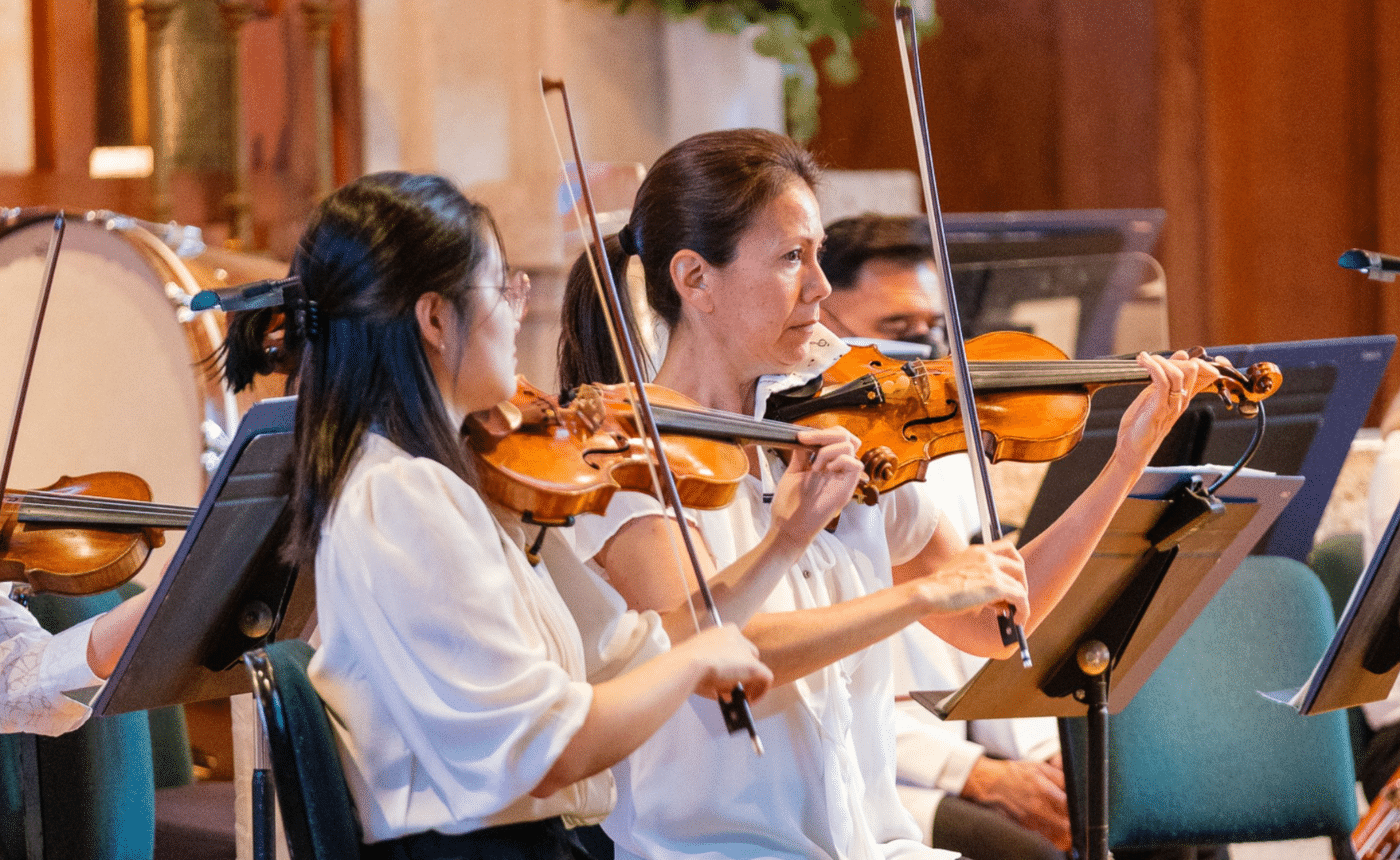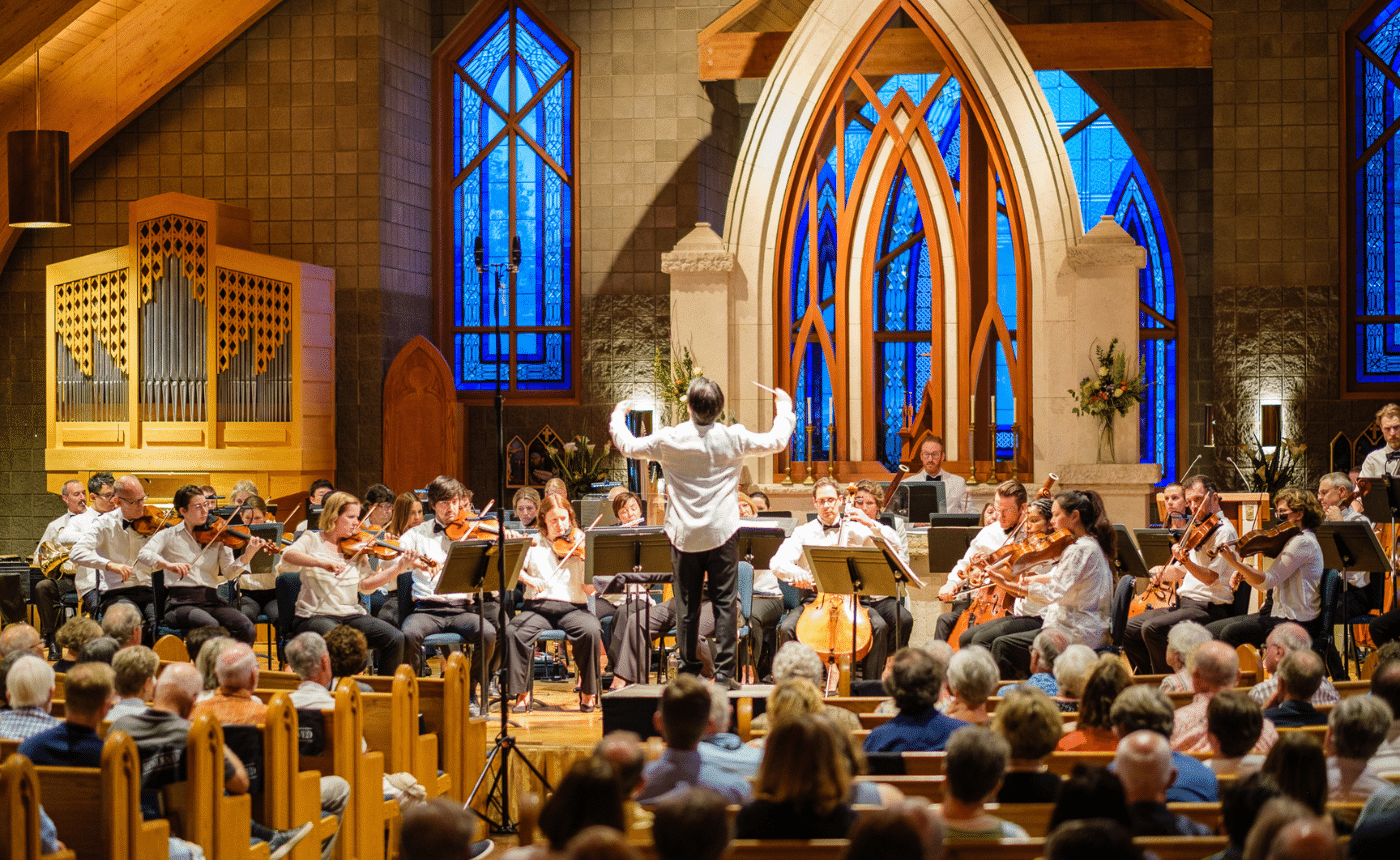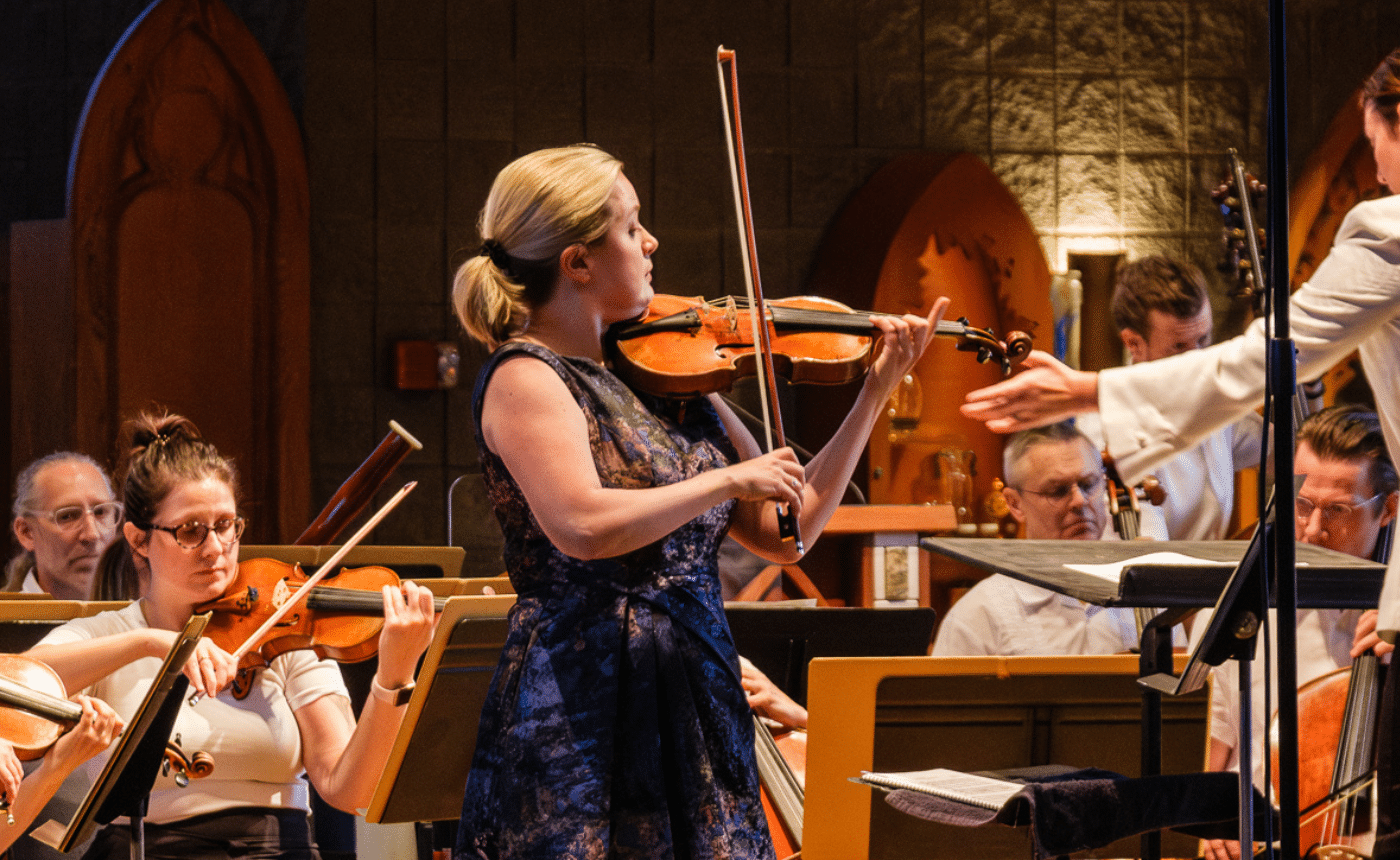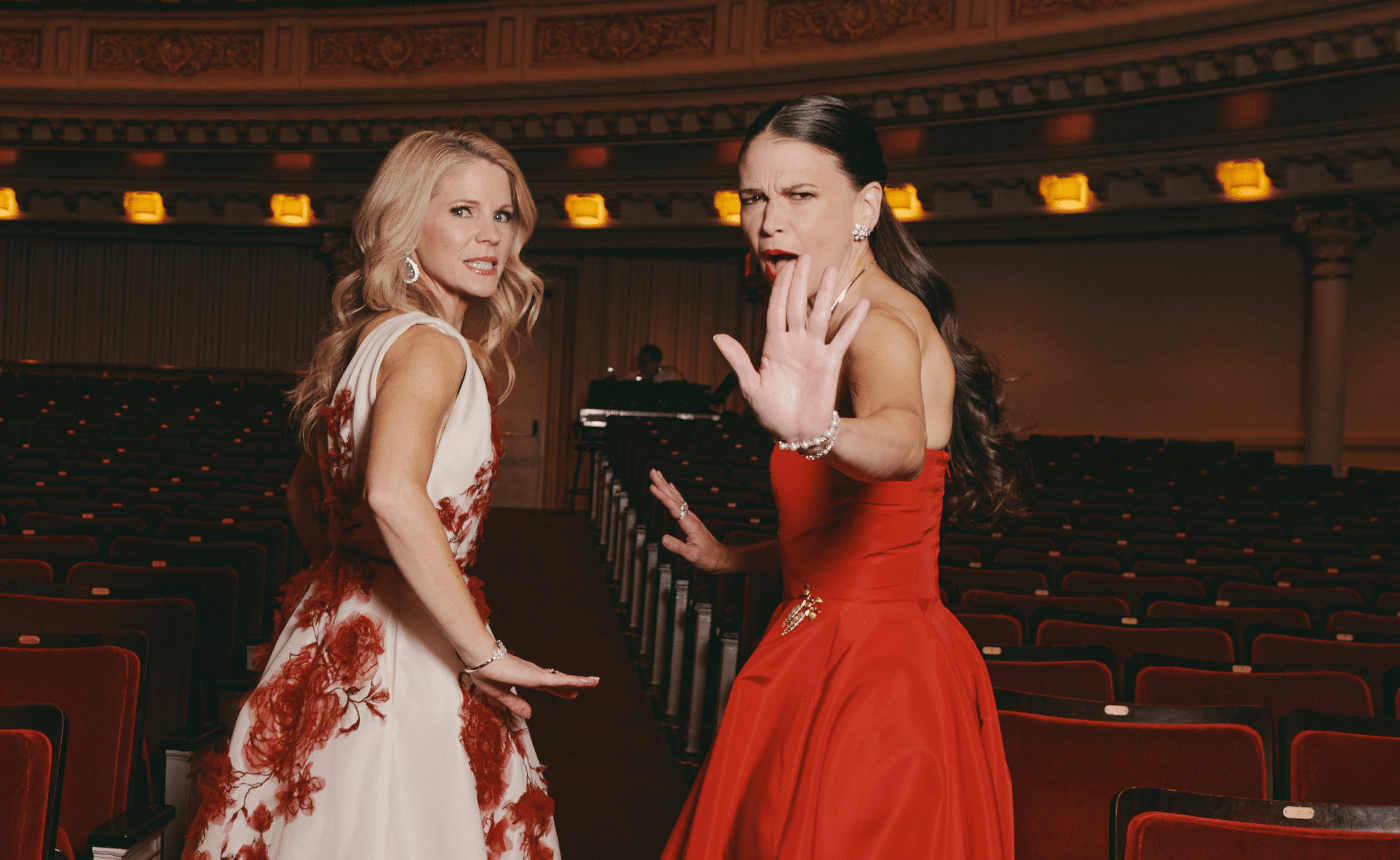BEETHOVEN: Symphony No. 9 “Choral”
by Jeff Counts
THE COMPOSER – LUDWIG VAN BEETHOVEN (1770-1827) – When nearing the completion of what was to be his final symphony, the 9th, Beethoven initially considered a premiere location outside of Vienna. At the time, he harbored significant displeasure with the Austrian capital’s lack of support for serious music in general, and his music in particular. No longer interested in his concerti, sonatas or symphonies, Beethoven believed, Viennese audiences were instead rushing to hear Rossini operas and other “light” populist fare. But he was wrong. When he made contact with promoters in Berlin regarding the 9th, word quickly spread in Vienna and his many admirers there presented him with letter of support that included a successful plea on behalf of the city and its audiences.

THE HISTORY – The 9th Symphony is difficult to define adequately, so massive was its scope and so indelible its historical importance. The work stood guard over the entirety of the 19th century, inspiring nearly every future composer to seek previously unknowable possibilities in the genre of the symphony. Beethoven ignored the limits of rhythm, harmony, structure and nearly every other Classical-era convention in this piece and the famous fourth movement defies even contemporary attempts at classification. That such disparate elements – from the Turkish March to Friedrich Schiller’s “Ode to Joy” to the fragmentary backward glances to the prior movements – could be so richly interwoven over its 24 minutes serves as final confirmation of Beethoven’s topmost place among the gods of our musical pantheon. Few have summed up this music better than author and scholar Jan Swafford, who said “The Ninth Symphony, forming and dissolving before our ears in its beauty and terror and simplicity and complexity, is itself Beethoven’s embrace for the millions…” He’s referring to the millions (us) mentioned in Schiller’s text. The May 7, 1824 premiere at Vienna’s Karntnertortheatre surely ranks among the greatest public triumphs of his life. On the concert with the “Choral” Symphony were the Consecration of the House Overture and three sections of the Missa Solemnis. The sold-out house was incredibly enthusiastic and their ovation at the close of the symphony created one of the most poignant moments of the composer’s career. Beethoven, then fully deaf, continued to leaf through his score until one of the soloists got his attention and pointed to the cheering Viennese audience, to whom he politely bowed. It feels tragic now to recall the repeat performance which occurred a little over two weeks later – a poorly attended, financially disastrous affair that would be Beethoven’s last concert.
THE WORLD – Elsewhere in 1824, the U.S. saw the creation of the Bureau of Indian Affairs, Simon Bolivar was installed as dictator of Peru, New Holland was renamed Australia, Stonewall Jackson was born and Lord Byron died.
THE CONNECTION – Beethoven 9 has been programmed frequently over the years by Utah Symphony. The most recent performance was in September 2018 under Thierry Fischer.




